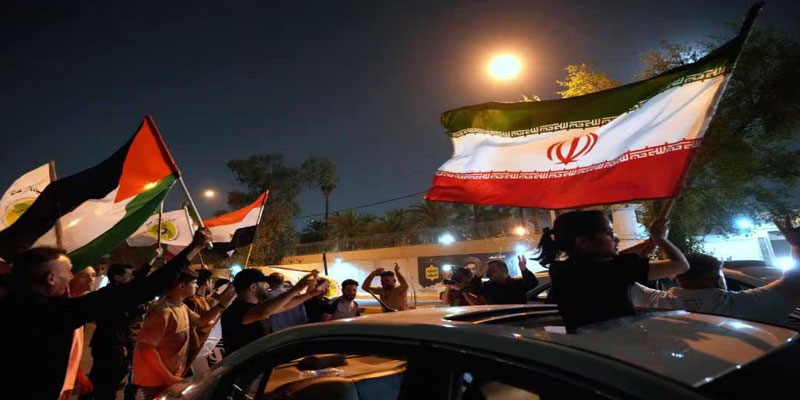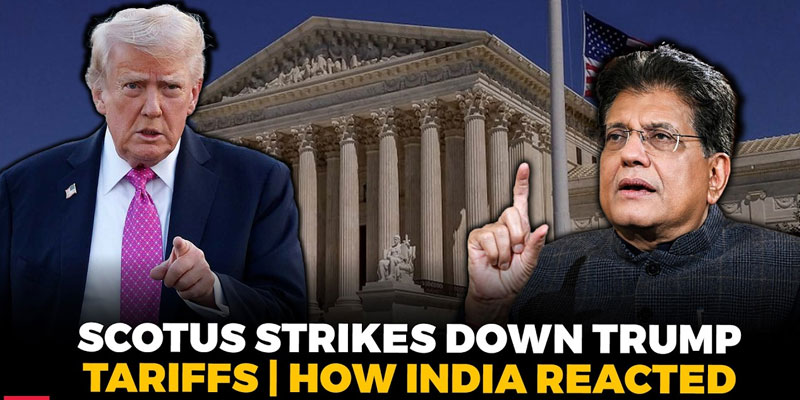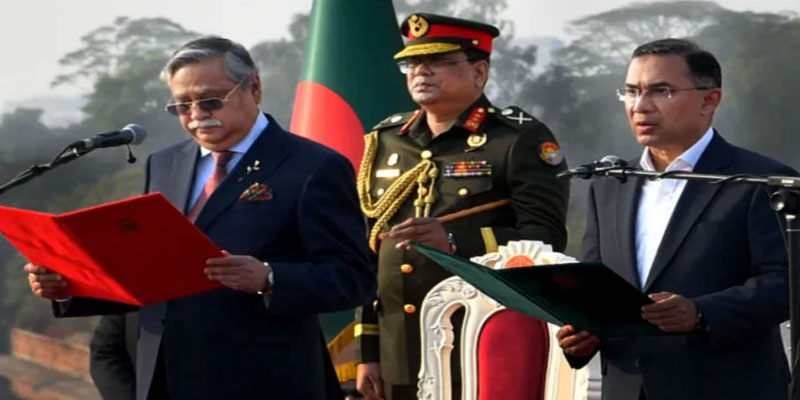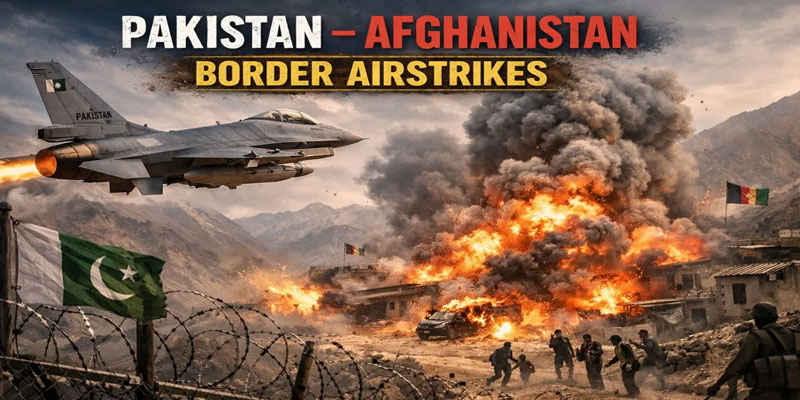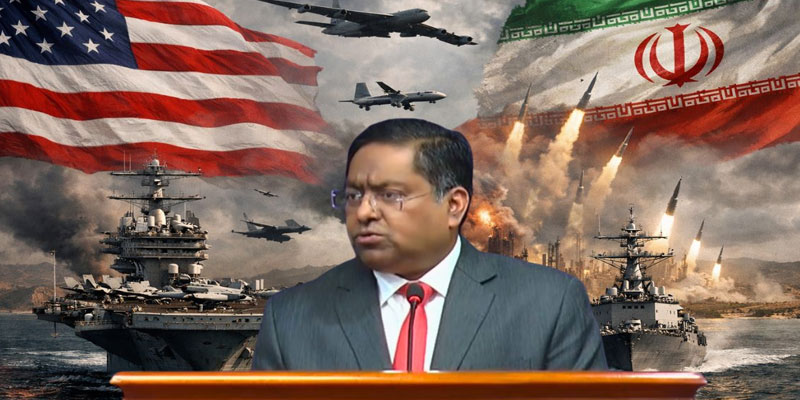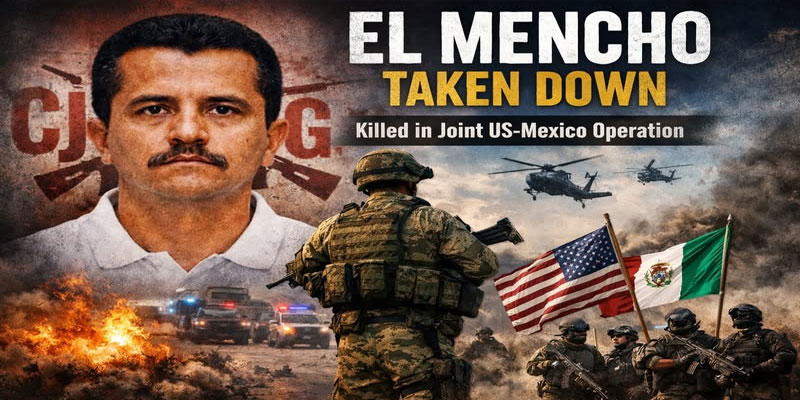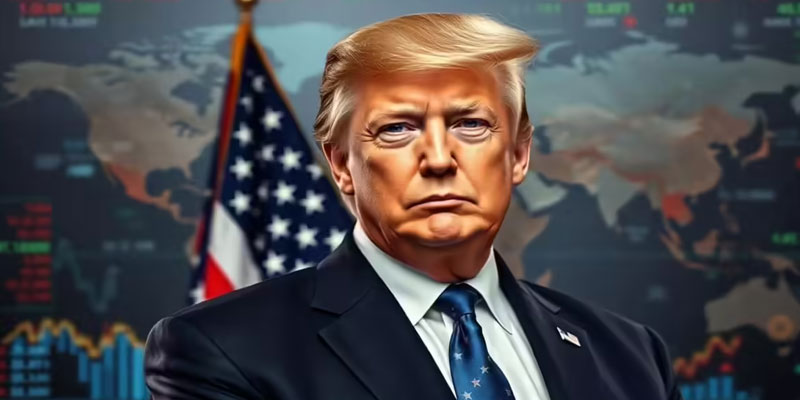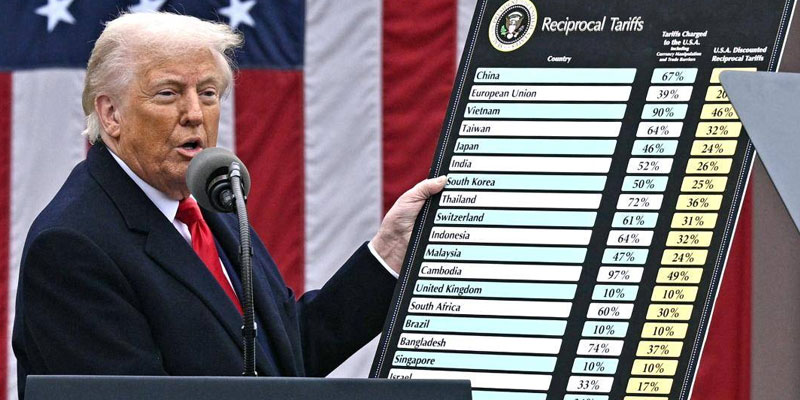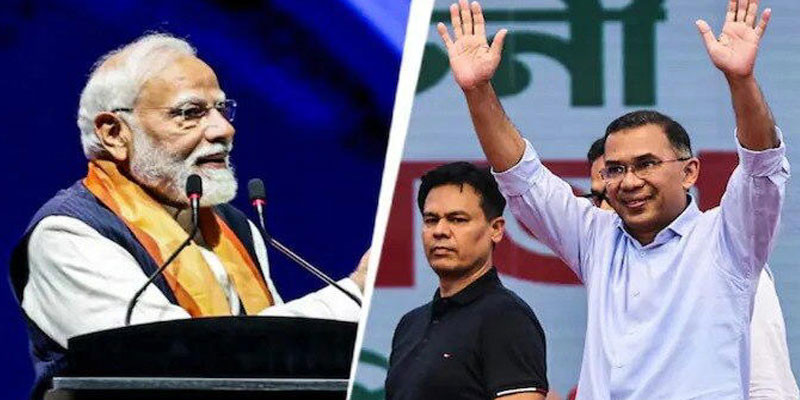The Iran-Israel Conflict and a Shaky Truce
Iran and Israel have long remained sworn adversaries, entangled in decades of covert warfare, cyber operations, proxy battles, and diplomatic hostilities. This longstanding hostility came to a head in June 2025 with an unprecedented 12-day military escalation. The conflict—sparked by Israeli claims that Iran was on the brink of nuclear weapons capability—led to widespread destruction, regional panic, and international concern.
The United States, under President Donald Trump, brokered a ceasefire between the two nations after the U.S. carried out limited airstrikes on Iranian nuclear facilities in Fordow, Natanz, and Isfahan. The truce was declared on June 24, but just a day later, Iran responded with severe internal actions that have cast a shadow over the fragile peace.
Executions and Arrests Rock Iran
On June 25, just 24 hours after the ceasefire was declared, Iran's judiciary announced the execution of three men—Idris Ali, Azad Shojai, and Rasoul Ahmad Rasoul—convicted of espionage for Israel’s intelligence agency, Mossad. According to the judiciary's official Mizan news outlet, the men were hanged in Urmia, a city near the Turkish border. Iranian authorities accused them of attempting to smuggle assassination equipment into the country for operations benefiting the "Zionist regime."
The judiciary stated:
“Idris Ali, Azad Shojai and Rasoul Ahmad Rasoul, who attempted to import equipment into the country to carry out assassinations, were arrested and tried... The sentence was carried out this morning.”
The executions signal Tehran's aggressive approach to internal security in the wake of external conflict. In a simultaneous move, 700 individuals were arrested across Iran for alleged ties with Israel, according to the state-aligned Nournews agency. Though no further identities or charges were disclosed, officials have linked these detentions to a broader crackdown against espionage and sabotage networks.
A Pattern of Retaliation and Suspicion
This is not the first time Iran has used capital punishment as a response to espionage charges. Just three days prior to the executions, Iranian authorities hanged Majid Mosayebi, who was convicted of attempting to pass “sensitive information” to Mossad. Human rights organizations have frequently criticized Iran for opaque judicial processes, forced confessions, and politically motivated trials.
Iran has long claimed that Mossad operates covert networks within its borders. Previous assassinations of nuclear scientists, unexplained blasts at strategic sites, and digital warfare have fueled this belief. Israeli officials typically refuse to confirm or deny such operations, maintaining a policy of strategic ambiguity.
Tensions Linger Despite U.S.-Brokered Ceasefire
The U.S.-brokered truce, spearheaded by President Donald Trump, was meant to stop further escalation. Trump, posting on Truth Social, insisted,
“Israel is not going to attack Iran. All planes will turn around and head home, while doing a friendly 'plane wave' to Iran. Nobody will be hurt; the ceasefire is in effect.”
However, the Iranian response—through both executions and mass arrests—raises doubts about how much trust either side has placed in the ceasefire. Tehran accuses Israel of violating Iranian sovereignty, while Israel blames Iran for continued enrichment and proxy threats across Lebanon, Syria, and the Red Sea.
Ceasefire in Name, Conflict in Practice
Iran’s swift execution of alleged Israeli spies and mass arrests underscore the fragility of the ceasefire. Though direct hostilities may have ceased, the shadow war continues unabated. Iran appears determined to send a domestic message of zero tolerance, while Israel’s regional posture remains cautious but combative.
This unfolding situation illustrates the deep-rooted mistrust and the challenges ahead for any lasting peace. If diplomacy is to succeed, it must address not just military de-escalation but also the web of covert operations and retaliatory justice that have long defined Iran-Israel relations.
The ceasefire may be in effect on paper, but on the ground, the war of spies, secrets, and silent strikes is far from over.
(With agency inputs)


